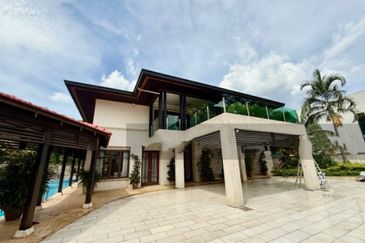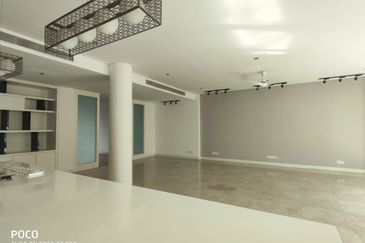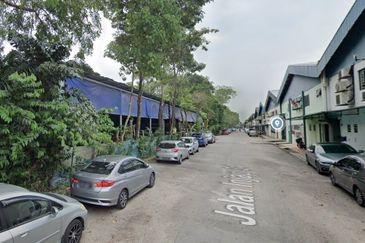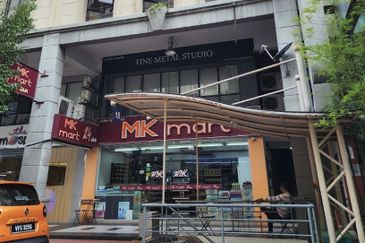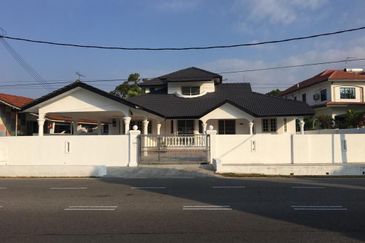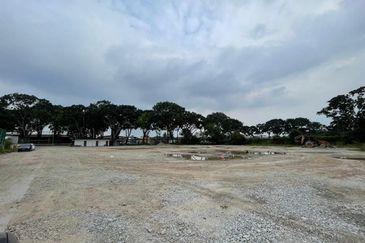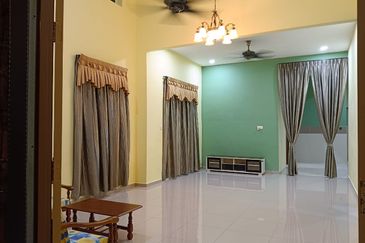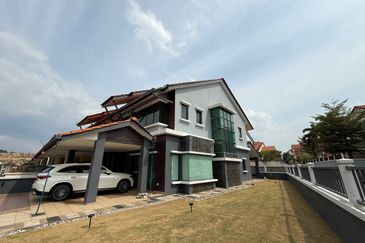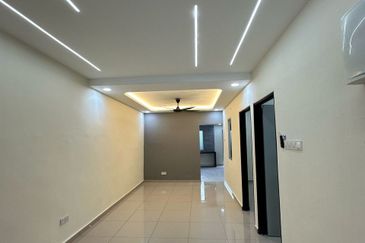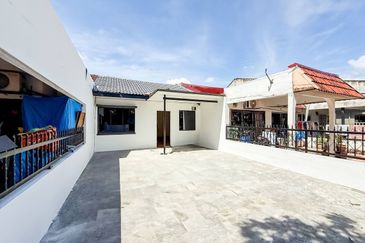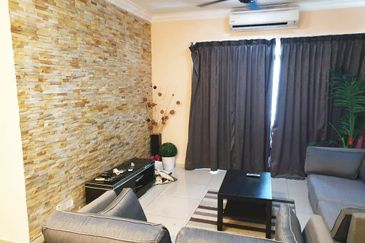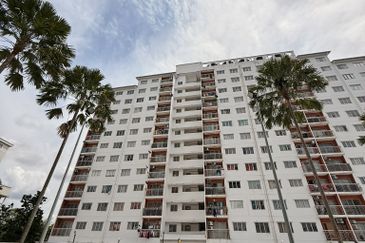
KUALA LUMPUR (May 29): While the Covid-19 pandemic has disrupted its businesses during the quarter under review, Hap Seng Consolidated Bhd’s net profit managed to grow marginally by 1.52% to RM160.34 million in the first quarter ended March 31, 2020 (1QFY20), against RM157.98 million a year ago, thanks to better results from property and credit financing divisions.
However, Hap Seng cautions that its performance in the current financial year ending Dec 31, 2020 (FY20) will be affected by the pandemic across its business divisions.
Earnings per share for 1QFY20, accordingly, rose to 6.44 sen, from 6.35 sen in 1QFY19.
Quarterly revenue, however, slipped 15.7% to RM1.48 billion, from RM1.75 billion a year ago, according to its filing with Bursa Malaysia. The group blamed the lower topline on lower revenue across all divisions except for the property division.
The group also declared a first interim dividend of 10 sen per share for the financial year ending Dec 31, 2020 (FY20), payable on June 24.
On prospects, Hap Seng said the group’s performance in FY20 is expected to be impacted by the uncertainties in the local and global economic environment arising from the pandemic.
On its plantation division, the Malaysian palm oil inventories increased by 18% to 2.05 million tonnes at end-April 2020 from 1.73 million tonnes at end-March 2020 due to weak demand and global supply chain disruptions amid the pandemic, said Hap Seng, adding that industry analysts expect palm oil inventories in May to rise further due to the weak global demand for palm oil.
In April, average crude palm oil (CPO) price was RM2,299 per tonne with daily prices in the first half of May hovering below RM2,100 per tonne.
“Nevertheless, healthy demand of CPO in the downstream oleochemicals segment for the production of personal hygiene and cleaning products during the pandemic and post-Covid-19 pandemic, coupled with the anticipated recovery in exports arising from the gradual easing of lockdowns in major palm oil importing countries such as China and the European Union may bolster the current depressed CPO prices,” said Hap Seng.
Under the property division, Hap Seng expects the property market sentiment to soften further as cautiousness in consumers’ spending is anticipated to heighten, amid the Covid-19 outbreak and the uncertainties of its aftermath. Nevertheless, the division is cautiously optimistic of the affordable residential property market due to the accommodative monetary environment.
The credit financing division, on the other hand, sees financing activities to be affected by the economic slowdown and anticipates a challenging financing landscape which may result in higher non-performing loans in 2020.
The automotive division also expects the pandemic to affect the demand for premium passenger cars and commercial vehicles. “The weak premium passenger car market is expected to persist in 2020 and the disruption in the global automotive supply chain will have a negative impact on the automotive industry,” said Hap Seng.
While the current construction and property development markets in Malaysia and Singapore continue to slow down, Hap Seng expects the revival of strategic mega projects, construction of affordable homes and the ongoing infrastructure projects, such as the Pan Borneo Highway, to partly mitigate the impact of the economic slowdown for the building materials division.
Hap Seng’s share price gained 36 sen or 5.05% to close at RM7.49 yesterday, valuing the group at RM18.65 billion. Year-to-date, the counter has fallen 25% from RM9.98.
Stay safe. Keep updated on the latest news at www.EdgeProp.my
Click here to see residential properties for sale in Kuala Lumpur.
TOP PICKS BY EDGEPROP
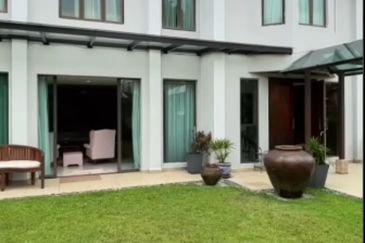
Damansara Heights (Bukit Damansara)
Damansara Heights, Kuala Lumpur
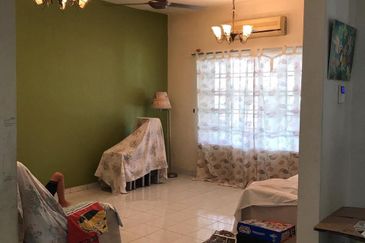
Near Park Great Neighbourhood
Kota Kemuning, Selangor
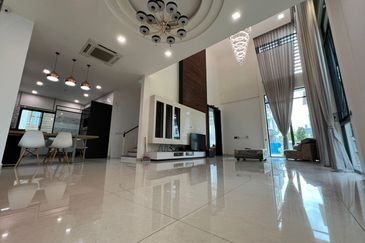
Bungalow Partially Furnished with Facilities
Kota Kemuning, Selangor
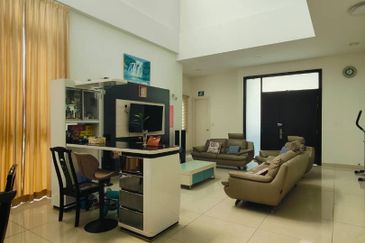
Fully furnished Gated & Guarded with Facilities
Kota Kemuning, Selangor
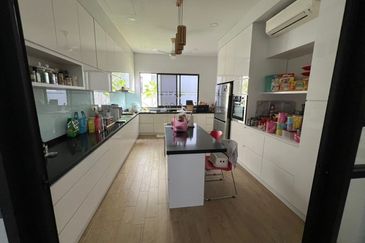
Fully Furnished with Big Garden
Kota Kemuning, Selangor
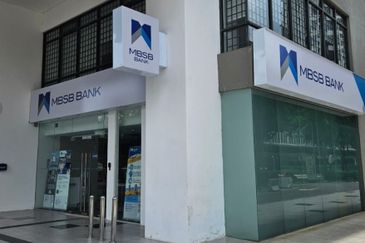
The Grand SOFO @ Kelana Damansara Suite
Petaling Jaya, Selangor
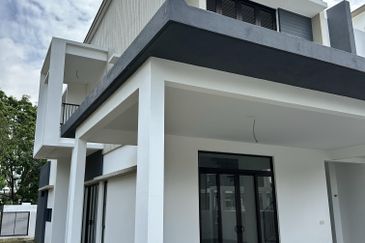
Bandar Kinrara 8
Bandar Kinrara Puchong, Selangor


